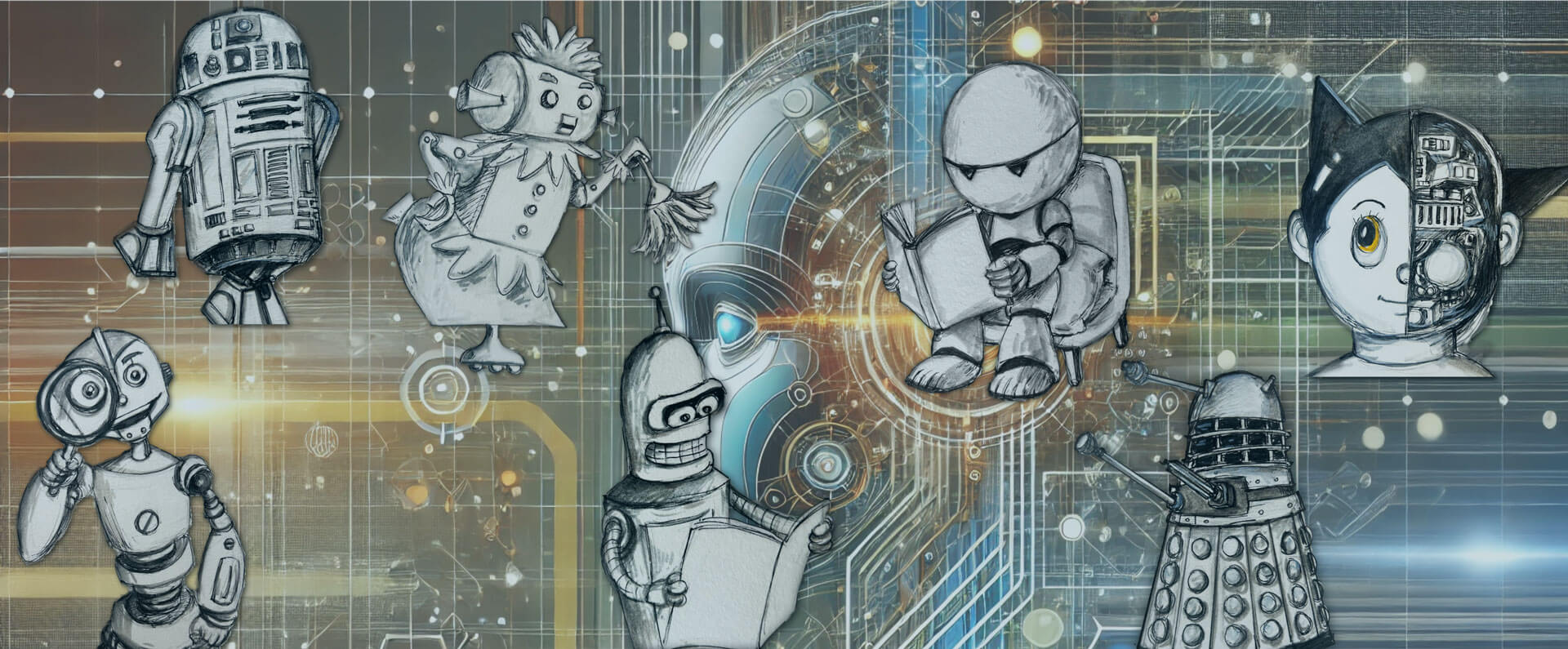Advances in artificial intelligence make daily headlines about how technology is changing the way we work, communicate, shop, relax, or even find love.
The AI hype is enough to make heads spin, especially for those without a basic understanding of what it is or how the revolution is changing the skills needed to succeed today and into the future.
"The job market today is very competitive, and having an understanding of AI, regardless of the fields that you're working in, is key," explained Corinne Bossé, a learning designer with Athabasca University's Faculty of Graduate Studies.
The job market today is very competitive, and having an understanding of AI, regardless of the fields that you're working in, is key.
Corinne Bossé, learning designer, Faculty of Graduate Studies
Introduction to AI Literacy is a new AU micro-course designed to get learners up to speed about AI through timely, accessible, on-demand professional development skills training.
Bossé helped spearhead the course through the Faculty of Graduate Studies' professional development programming, delivered online through PowerED™ by Athabasca University, the continuing education arm of AU.
'Scale of interest is huge'
Introduction to AI Literacy launched as a pilot micro-course, which had been only available to AU students but is now open to the wider public. Former AU staff member Dr. Stella Lee, who now runs consulting firm Paradox Learning, developed the course content.
With a doctorate in computer science focusing on adaptive learning technology, Lee previously developed an AI literacy framework to help educators understand, evaluate, and use emerging technology. That led to invitations to travel the world to present on the topic to educators, government, non-profits, and the private sector.
"The scale of the interest is huge. Nothing has ever happened like that before in the history of tech," she said.
After presenting about AI literacy to faculty and leaders at AU, Lee was asked to develop the micro-course. Advances in AI are happening so fast, the micro-course content itself has continued to evolve.
"Between me writing it a few months ago and now, things have changed. To me, this is a constantly evolving topic."
Micro-course focuses on six skill areas
The course explores six areas critical to AI competency: AI fundamentals, data fluency, critical thinking and fact-checking, diverse use cases, ethics, and the future of work. Use cases include exploring real-world examples of AI use such as driverless buses being used in South Korea.
Lee said one of her goals with the course was to reinforce that AI literacy is a spectrum of understanding, with a spectrum of potential applications.
It's not good or bad. It just depends on what you're trying to use it for. Do the pros outweigh the cons and what are your opportunity costs? What are you giving up in terms of using this? And what are the limitations and challenges you need to think about?
Corinne Bossé, learning designer, Faculty of Graduate Studies

Is the hype overblown?
Though AI has existed in different forms and names for more than 70 years, the hype today is undeniable. Lee said every technology has a hype cycle, but that hype is heightened when we embrace technology without fully understanding what it can and can't do.
It's important to remember that AI is a for-profit endeavour, which is driving the pace of technological investment and advancement, said Lee. With so much of this work concentrated in North America, the "ideology is also very white," she added, and the internet content that informs and influences AI is often written by men.
"We have to be mindful of these inputs and these biases that are baked into this technology."
Every discipline has a role in shaping AI
That's why it's important to think about AI collectively, across learning disciplines and professions. The last thing we need is for technologists to drive AI, Lee added.
It needs to be more than being about tech. It needs to be a humanity issue. It needs to be a sociology issue … the more of us that can collectively think about it, the better.
Corinne Bossé, learning designer, Faculty of Graduate Studies
Educator discount available
A discount code is available for educators, who get 50% off the course. Learn more about Introduction to AI Literacy.